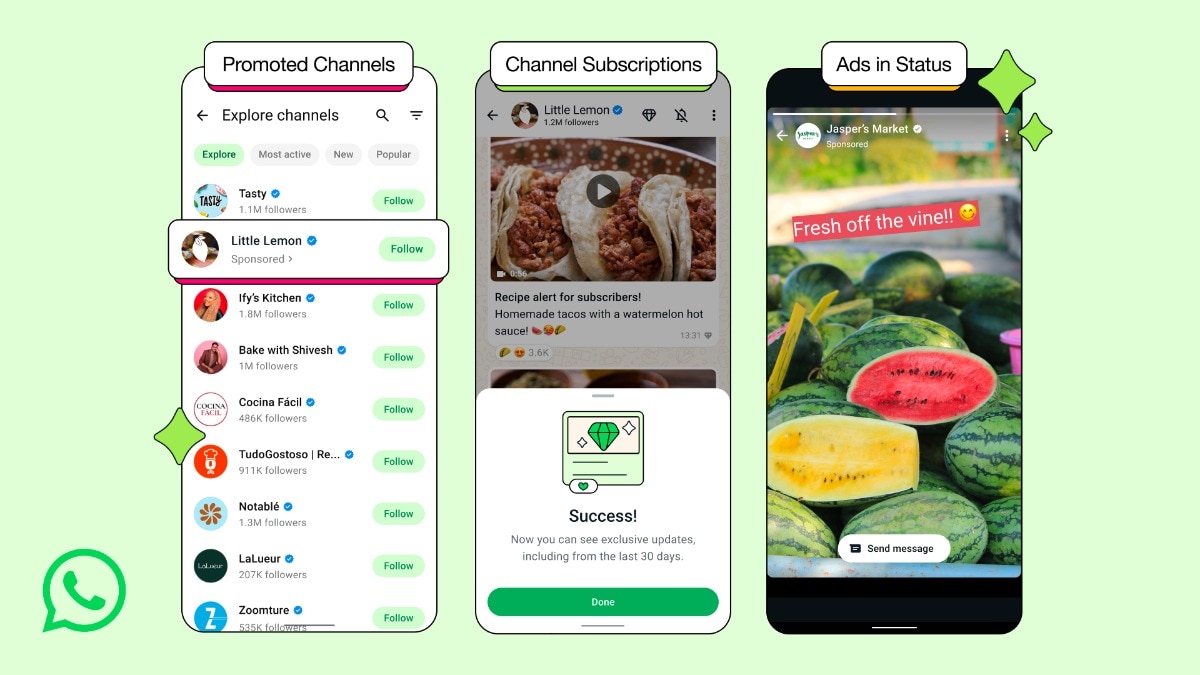A new study conducted by researchers at Duke University indicates that employees using AI tools, such as ChatGPT, Gemini, or Copilot, may be perceived as less intelligent, less diligent, and even lazier compared to their counterparts who do not use such technologies. Despite the increasing recognition of artificial intelligence as a means to enhance productivity, this research emphasizes a potential social cost that could hinder its widespread acceptance in various workplaces.
Published in the Proceedings of the National Academy of Sciences, this study was spearheaded by Jessica Reif, Richard Larrick, and Jack Soll. It comprised four online experiments with a total of 4,400 participants, aimed at understanding how colleagues view those who utilise AI applications for work-related tasks.
Highlights
Exploring Self-Perception with AI
In the first experiment, participants were instructed to envision themselves employing an AI application to finalise a project and subsequently predict how their co-workers would view them. The predominant belief among participants was that they would be labelled as lazy, incompetent, or easily replaceable.
Perceptions of Colleagues Using AI
The second experiment shifted the focus, asking respondents to describe their colleagues who employed AI tools to accomplish their work. The results remained consistent: employees who used AI were perceived as less competent, less confident, and lacking in independence.
Job Candidate Evaluations and AI Use
In a third scenario, individuals acted as hiring managers tasked with evaluating job candidates, some of whom disclosed their use of AI for completing tasks. Those candidates who admitted to using AI were generally rated less favourably, unless the hiring managers had experience with AI themselves, in which case the bias significantly diminished.
Impacts of Task Appropriateness on AI Perception
The final experiment assessed perceptions when the AI tool was recognised as suitable for the task and demonstrably enhanced productivity. In these situations, negative evaluations were notably lessened.
Interestingly, the study revealed a consistent trend: individuals with personal experience using AI were far more open to its use in both themselves and others.
Overall, these findings reveal that while AI tools can provide substantial functional advantages, their uptake in the workplace may be impeded by persistent social biases. For AI to be fully integrated into professional environments, the surrounding workplace culture may need to adjust in tandem with the technological advancements.







